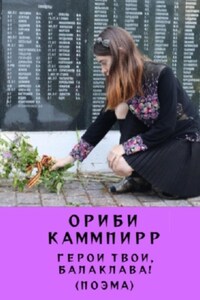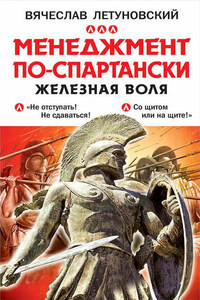A tin alarm clock shattering the first glimpse of daylight broke into Ernest Burton’s dreamless sleep. At half-past five on May 2nd 1887 he strode to the mantelshelf in his nightshirt and turned the noise off so as not to wake his brother Edward in the same bed. The ironed striped shirt pulled over his head was followed by his second-best suit. Travelling in working clothes wasn’t for him. Finished at the end of the day with the world of fire and iron in the forge, you threw off the leather apron and washed sweat away with strong carbolic to spruce up for the alehouse. Or you walked into the garden to get a whiff of fresh air and bent your back to do some weeding. But on a journey you must look your best.
He arranged the watch and chain into his waistcoat, synchronized to the minute by the church clock. Time meant little to a blacksmith. You started work at six and if trade was good didn’t notice the hours till it got dark, but every minute away from the forge was for you to enjoy, not caring what the next hour would bring.
A sluice of the head from a bucket filled at the garden pump sharpened him further after last night in the White Hart supping a pint while talking to his mates and saying goodbye to the barmaid Mary Ann. He trawled fingers through short wet hair and, drying off, opened the curtains to let in light. At twenty-one, with his lines as a journeyman blacksmith, he was off to work for his brother George in South Wales, to get experience and earn his bread – as their father had said.
He’d been to Derby and Matlock, but now he was going to an unfamiliar place, and George who was eighteen years older had drilled him on how not to reach the wrong town by mistake. You had to go where the work was, blacksmiths being as common around here as houseflies in summer, but if the pay wasn’t good where he was going he’d come back even if he had to walk, though if all went well, which he expected, it would be better than putting up with the snipe-nosed lot in this area whose horses he shoed, like that preachifying lickspittle Bayley who spent all his spare hours on church business. Once when I fixed his nag he threw sixpence at me for a tip, so I looked him straight in the eye and left it for the striker. I don’t take tips, and only touch my cap to a personable woman.
In Wales I’ll be working for George, and he doesn’t stand for any cap-touching either. People who want their horses shod spout all the penny-pinching notions to save a farthing or two but make no bigger mistake because it isn’t economy in the end. They’d come back a lot sooner if I didn’t tackle the job my way. A badly shod horse is like a house with rotten foundations.
He took sticks from the warm oven to lay over last night’s embers and, when flames stopped chasing each other up the chimney, put the kettle on. Stropping his razor till the water turned hot, he filled a mug for as careful a shave as could be without leaving nicks of blood. You never knew what handsome woman might be met with on your travels.
A slice of pork fat over the piece of bread turned crisp at the heat. Normally it was a crust and a drop of water, before a proper breakfast in the forge at eight, but he was setting out on a journey, and didn’t want to get famished.
He checked his bag of tools by the door: hammer, buffer, rasp, drawing-knife, long pliers – everything in place. George told him he didn’t need to bring any. They were there already, he said, and they were a weight to carry. Well, George could think what he liked. You worked best with your own tools. You knew their balance. You kept them sharpened to your taste. They were always clean. And as for carrying them, what did you have arms for?
Ernest, at six-feet-five the tallest in the family, overlooked his father’s balding head when he came down dressed for work. ‘You must have been through those tools a dozen times already. They won’t run away.’
Ernest tied the string. ‘They wouldn’t get far if they did.’
‘Tell George when you see him he ought to send Sarah a bit more money.’
Ernest ignored him. You couldn’t tell George anything.
‘Did you hear me?’
He went through the other cloth bag to make sure of his best suit, spare shirts, razor, boots for walking out, a couple of ironed handkerchiefs, socks, a piece of towel, and some soap in an old tobacco tin. ‘I did.’














